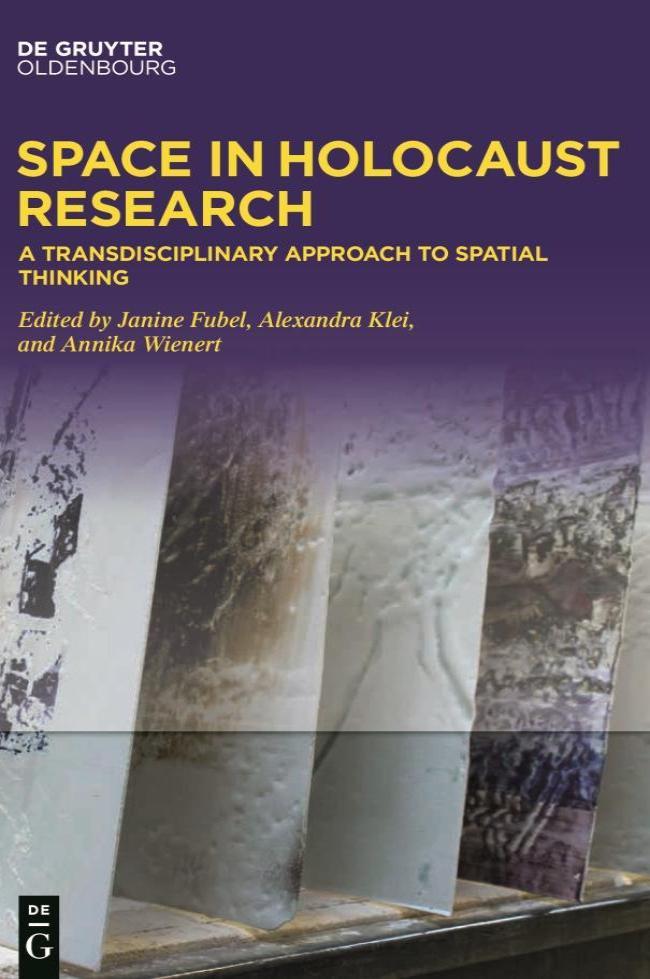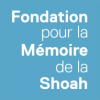Recherche | Publication
"Space in Holocaust Reseto spatial thinkarch : A transdisciplinary approach to spatial thinking" by J. Fubel, A. Klein and A Wienert
Space in Holocaust Research: A Transdisciplinary Approach to Spatial Thinking," co-edited by Janine Fubel, Alexandra Klei, and Annika Wienert, explores the Holocaust, its aftermath, and its memory through a transdisciplinary approach to spatial thinking. In this book, space is regarded as a social phenomenon. Spatial thinking is defined as the "consideration of the location of people or objects in behavioral, cognitive, or physical spaces, and the attempt to understand why they are situated where they are, particularly by visualizing their interrelationships."
The book is co-edited by three current or former scholars of the Foundation for the Memory of the Shoah: Annika Wienert, an art historian; Alexandra Klei, an architectural historian; and Jeanine Fubel, a historian of Nazism. The latter is receiving a fellowship this year from the Foundation for the Memory of the Shoah for her doctoral research on the final phase of the history of the Sachsenhausen concentration camp.
This work originated from a conference that was supposed to take place in March 2020 but couldn't due to the Covid-19 pandemic. However, the project was not abandoned; instead, it evolved into a collective work
The book offers two types of insights into spatial approach research. In the first part, the scholars demonstrate the relevance of spatial thinking for key aspects of Holocaust memory research. In the second part, nine case studies show how and for what purpose spatial thinking can be implemented in Holocaust memory research. The case studies are grouped into four parts, each focusing on spatial configurations that transcend conventional disciplinary, chronological, or geographical frameworks: floating spaces, institutionalized spaces, border/ing spaces, and spatial relations.

"Space in Holocaust Research: A Transdisciplinary Approach to Spatial Thinking" is published by Walter de Gruyter in Berlin/Boston and has received support from the Foundation for the Memory of the Shoah.






